Last year, Washington and Baghdad agreed to end the US-led coalition against IS in Iraq this September, and withdraw US troops from some bases where they had been stationed.
Iraqi Prime Minister Mohammed Shia al-Sudani told journalists in Baghdad that US military advisers and support personnel are currently stationed at Ain al-Asad air base in western Iraq, a base near Baghdad airport, and al-Harir air base in northern Iraq.
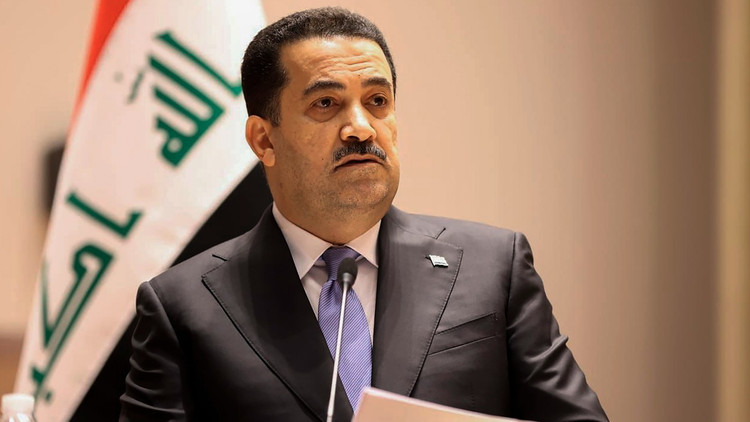
Iraqi Prime Minister Mohammed Shia al-Sudani speaks before a parliamentary election campaign in Mosul. Photo: UK Media
Prime Minister Al-Sudani noted that the original agreement stipulated that the US military must withdraw completely from the Ain al-Asad base by September. However, "developments in Syria require the maintenance of a small unit of 250 to 350 advisers and security personnel at the base."
He said they would work together to support surveillance and coordination operations against IS with the al-Tanf base in Syria. He added that other US bases were seeing a “progressive reduction” in personnel and operations.
After former Syrian President Bashar Assad was toppled in a rebel offensive in December, Iraqis feared that IS would resurgent, exploiting the security and weapons vacuum left by the former Syrian army.
Prime Minister Al-Sudani asserted that the extremist group, which seized large swathes of territory in Iraq and Syria a decade ago, “no longer poses a significant threat in Iraq”.
Iraq has sought to balance its relations with the United States and neighboring Iran and avoid being drawn into regional conflicts, a policy the prime minister said he would continue.
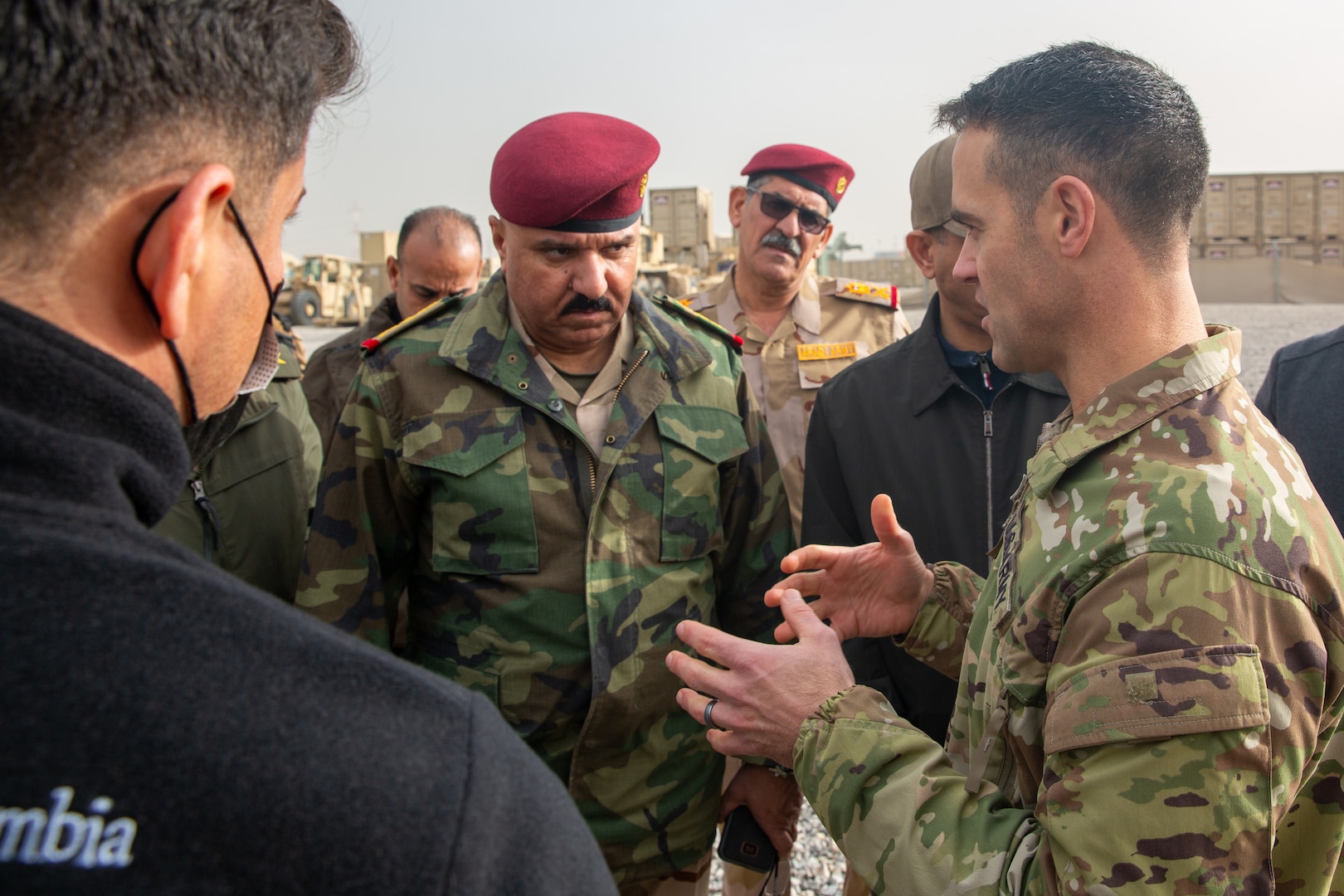
US military advisors talk with the Iraqi Chief of Staff during an inspection tour. Photo: CJTF-OIR
“We put Iraq first, and we do not want to represent anyone. Iraq will not become a battlefield for conflicts,” the Iraqi prime minister said.
At the same time, Prime Minister al-Sudani urged the US to return to negotiations with Iran, describing the Trump administration's "maximum pressure" approach to curbing Iran's influence as counterproductive.
“Iran is an important and influential country that needs to be treated with respect and through direct dialogue,” the Iraqi prime minister said.
There have been tensions between Baghdad and Washington over the presence of Iranian-backed militias in Iraq. The Popular Mobilization Forces (PMF), a militia alliance formed to fight IS, was formally placed under Iraqi military control in 2016 but in practice still operates with considerable autonomy.
The Iraqi parliament has considered legislation to strengthen ties between the military and the PMF, drawing opposition from Washington. Under the plan, Iraq will enact new laws that could see it disarm in exchange for the PMF joining the government as a political party.
Iraq is preparing for parliamentary elections next month to decide who will serve a second term. The Iraqi prime minister said: "The armed factions have transformed into political entities with a constitutional right to participate" in those elections.
Source: https://khoahocdoisong.vn/iraq-giu-lai-hang-tram-co-van-quan-su-my-giup-chong-lai-is-post2149062460.html


![[Photo] Prime Minister Pham Minh Chinh chairs meeting on railway projects](https://vphoto.vietnam.vn/thumb/1200x675/vietnam/resource/IMAGE/2025/10/23/1761206277171_dsc-9703-jpg.webp)



![[Photo] President Luong Cuong holds talks with South African President Matamela Cyril Ramaphosa](https://vphoto.vietnam.vn/thumb/1200x675/vietnam/resource/IMAGE/2025/10/23/1761221878741_ndo_br_1-8416-jpg.webp)

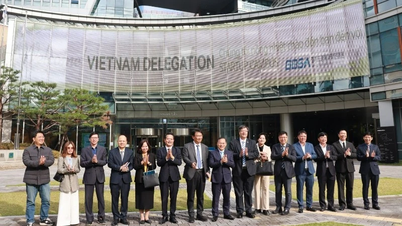

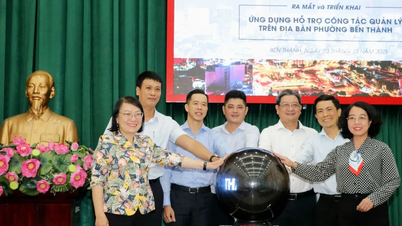




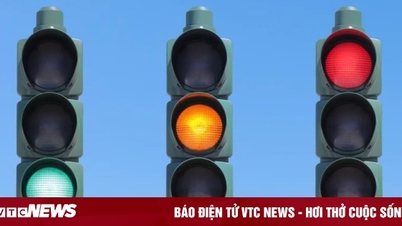
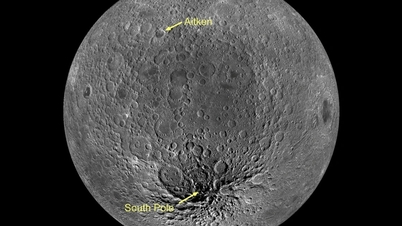





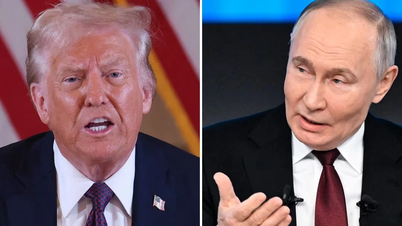
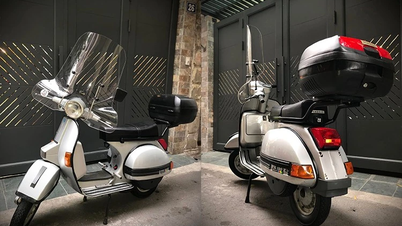


![[INFOGRAPHIC] The impressive career of Japanese Prime Minister Sanae Takaichi](https://vphoto.vietnam.vn/thumb/402x226/vietnam/resource/IMAGE/2025/10/22/1761134856370_info-tanthutuong-nhatban-anh-thumb-jpg.webp)






































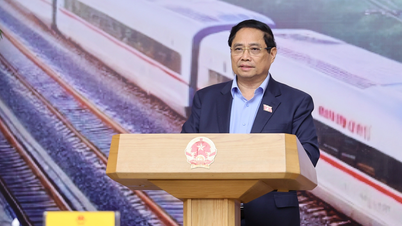

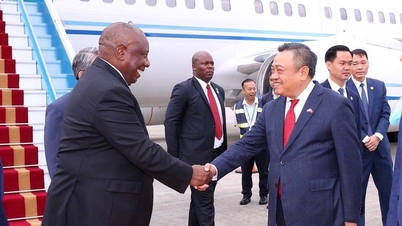

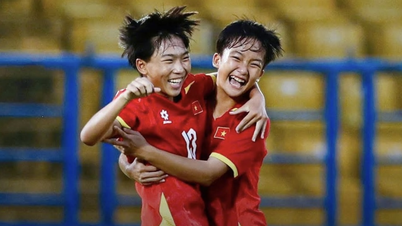
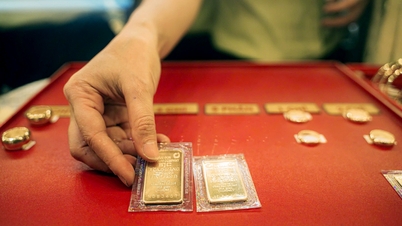






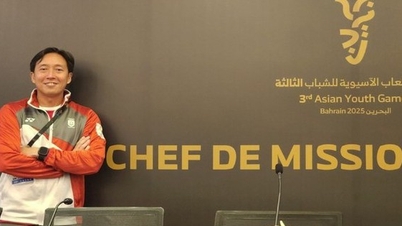

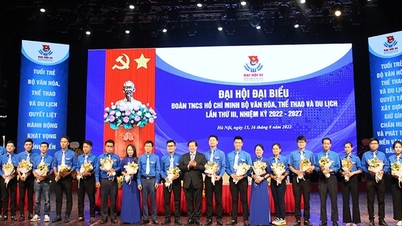
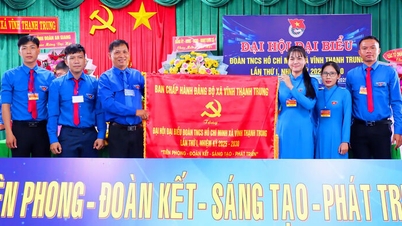



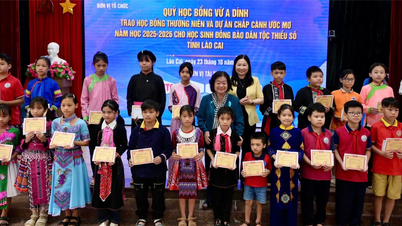
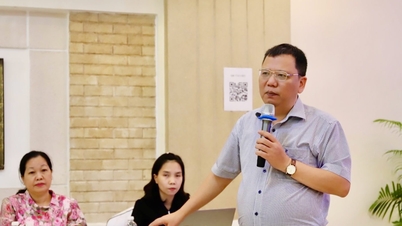


















Comment (0)